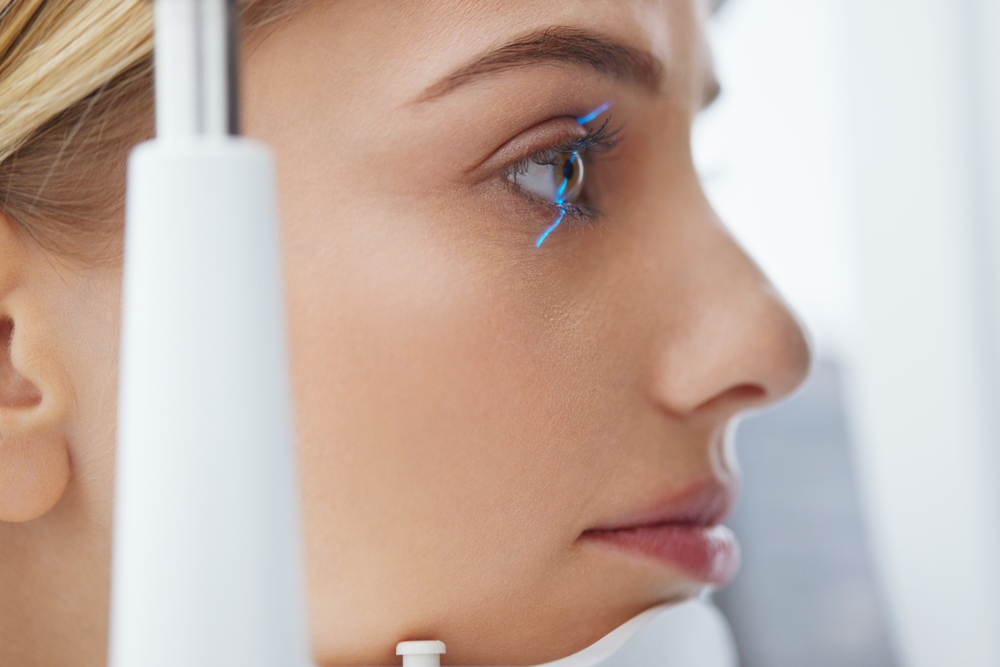
When we think about maintaining a healthy lifestyle, our vision might not always be at the forefront of our minds. However, eye care is a crucial aspect of our overall health. We depend on our eyes for almost every activity we engage in, from reading and writing to driving and even walking. Yet, many of us neglect the importance of taking care of our eyes until we start experiencing vision problems.
The Importance of Routine Eye Exams
Routine eye exams are an essential part of eye care. They provide an opportunity for professionals to assess the health of your eyes and detect any potential issues early. Despite their importance, many people skip these exams, either due to lack of time, fear of doctors, or simply ignorance about their significance.
One of the primary benefits of routine exams is their ability to detect vision problems early. Many eye diseases, such as glaucoma and macular degeneration, develop gradually without causing any noticeable symptoms until they've significantly progressed. Routine eye exams can help identify these diseases in their early stages when they are more manageable.
Additionally, routine eye exams give eye doctors an opportunity to check for signs of systemic diseases that can affect the eyes, such as diabetes and hypertension. These diseases can cause changes in the eyes before they manifest symptoms elsewhere in the body. By detecting these changes, eye exams can play a crucial role in the early diagnosis and management of these diseases.
What Happens During a Routine Eye Exam?
A routine eye exam is a comprehensive assessment of your eyes and your vision. It typically involves a series of tests conducted by an optometrist. These tests range from simple ones, like reading an eye chart, to complex ones that require specialized equipment.
The eye exam usually begins with a review of your medical history and any vision problems you might be experiencing. This is followed by a series of tests to assess your vision and the health of your eyes. These tests may include a visual acuity test to measure your sharpness of vision, a color vision test to detect color blindness, and a visual field test to measure your peripheral vision.
Apart from these vision tests, the eye exam also includes a detailed examination of different parts of your eyes. This may involve examining your eyes' external parts, like the eyelids and cornea, using a slit lamp microscope. It may also include examining the back of your eyes, including the optic nerve and retina, using an ophthalmoscope.
Eye Health and Overall Health
Eye health and overall health are closely interconnected. Many systemic diseases, like diabetes and hypertension, can cause changes in the eyes. These changes can be detected during an eye exam, often before the disease manifests symptoms elsewhere in the body.
Additionally, the health of our eyes can also reflect our lifestyle choices. For instance, a diet low in vitamins and minerals can lead to poor eye health, while excessive screen time can cause digital eye strain. By taking care of our eyes, we are also taking steps towards maintaining a healthier lifestyle.
Prioritize Your Eye Health Today
Eye care is a crucial aspect of our overall health that we often neglect. Routine eye exams are a key component of eye care, offering numerous benefits, from early detection of eye diseases to improved quality of life. They can also play a crucial role in the early detection and management of systemic diseases.
Take the next step in prioritizing your eye health and schedule an eye exam at Albright Eyecare in our New Braunfels, Texas, office. Call (830) 271-4900 to schedule an appointment today.










